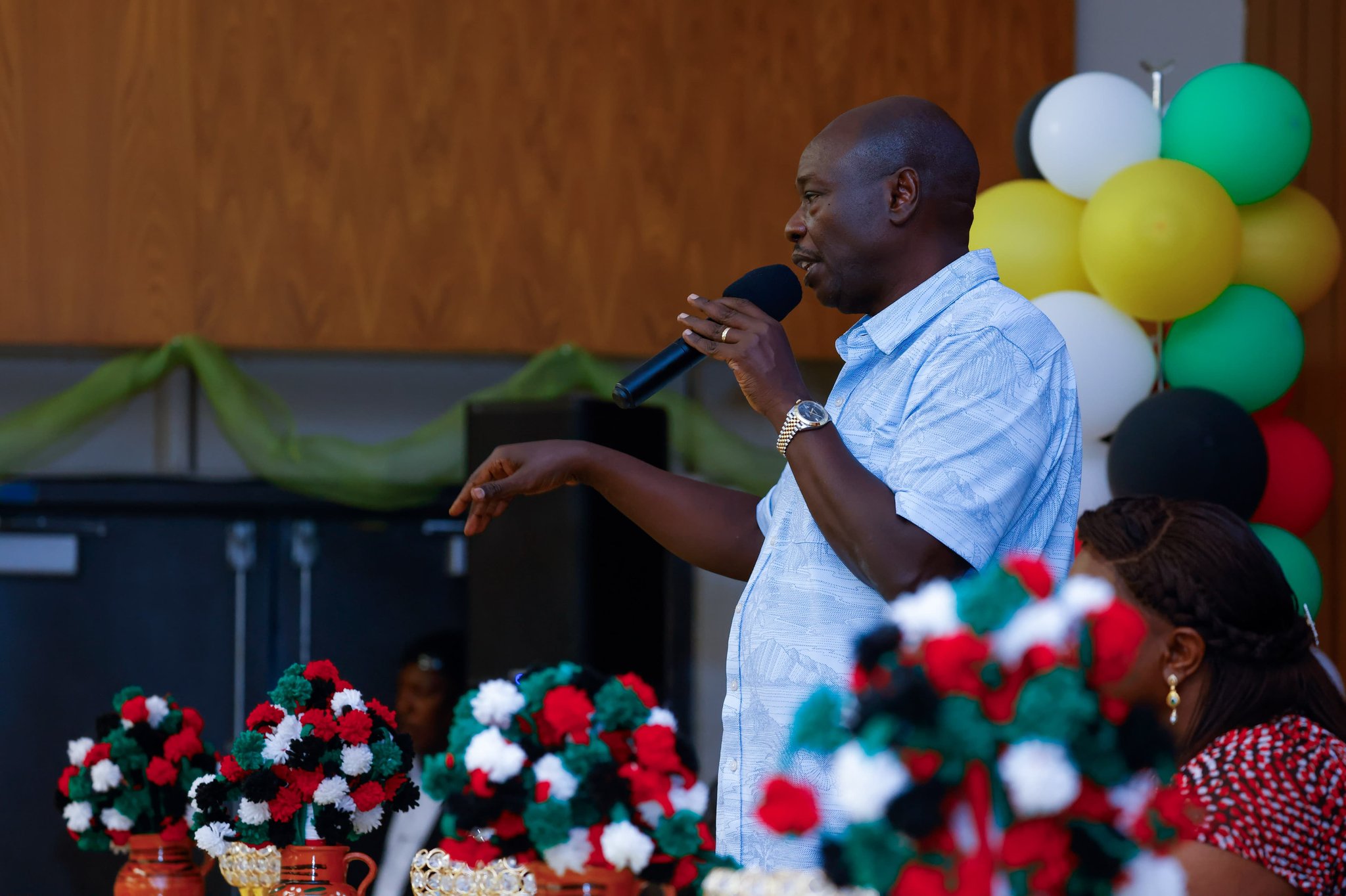Looking back at the events that culminated in the impeachment of former Deputy President Rigathi Gachagua, one conclusion is inescapable: Parliament acted in the best interest of the country.
This was not a political witch-hunt. It was a necessary constitutional intervention—a direct response to a consistent pattern of conduct that threatened national unity, undermined governance, and eroded the integrity of public office.
Gachagua’s brand of politics was anchored in divisive tribal rhetoric. While publicly claiming to champion Mt. Kenya’s interests, he repeatedly alienated other communities, framing national politics as a regional zero-sum game. Such an approach corrodes national cohesion—the very bond leaders are entrusted to protect.
The corruption allegations against him were not whispers—they were backed by credible claims and troubling evidence. He was accused of using his office to accumulate immense personal wealth: vast tracts of land, luxury hotels, and an expanding business empire, allegedly financed through public coffers. This is more than greed—it is an outright betrayal of taxpayers and a blatant abuse of public trust.
Gachagua’s leadership style was marked by public feuds with the presidency and other senior officials. These disputes, aired at rallies and in press conferences, projected a government at war with itself. The result? Investor uncertainty, a battered national image, and weakened policy delivery.
His political playbook often tied development to loyalty—rewarding allies and punishing dissenters. This transactional approach reduced governance to a patronage network, undermining the principle of equitable national development.
Perhaps most damaging was his failure to separate personal political ambitions from the constitutional responsibilities of his office. Instead of serving as a unifying deputy to the president, he often appeared to be running a parallel government, prioritizing personal influence over national progress.
In retrospect, Parliament’s decision to impeach Gachagua was not only justified—it was essential. Kenya cannot afford leaders who thrive on division, misuse public resources for personal gain, and place political battles above the national interest.
His removal was more than a political outcome; it was a safeguard for Kenya’s stability, unity, and democratic future.
Today, he is less a symbol of leadership and more of what Kenyans now wryly call “Gachagua Wamashares”—a cautionary tale of what happens when public office is treated as personal property.

